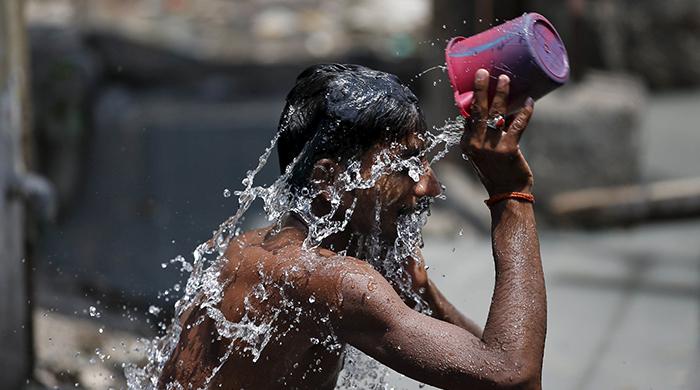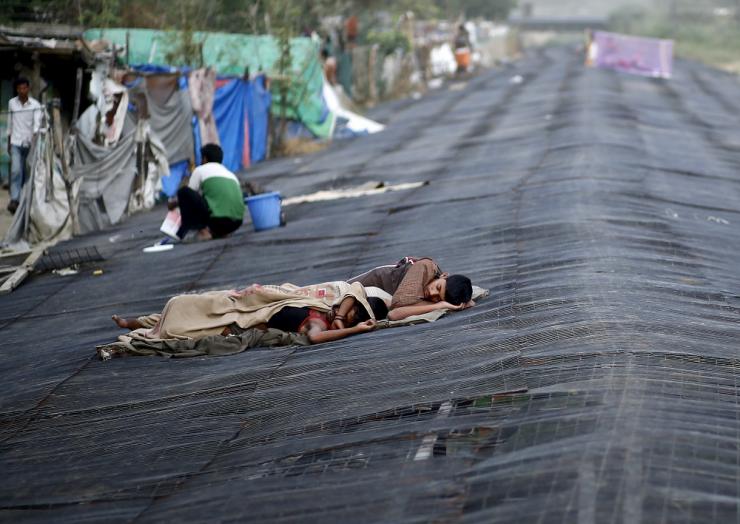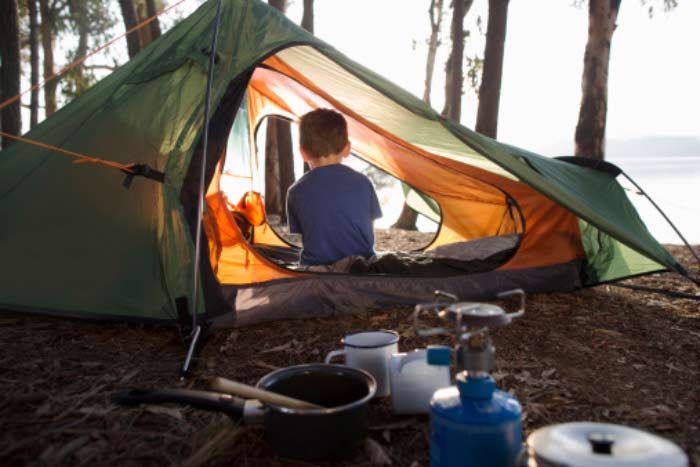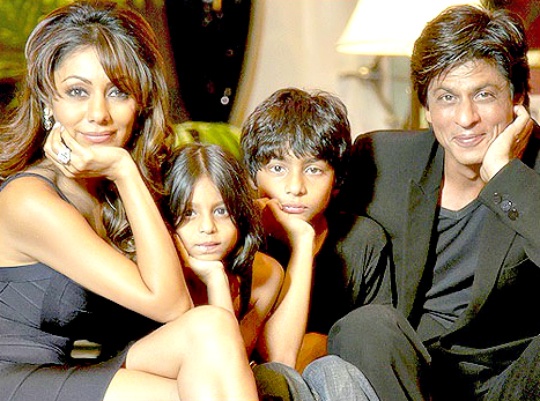What Are Exoplanets And How NASA Detects Life Beyond Our Solar System
Bharti Airtel Set To Acquire Telenor India Within This Year
Google Celebrates NASA’s Discovery Of Seven Earth-Like Planets With An Animated Doodle
Some Home Remedies That Might Sound Bizarre But Actually Work Like A Charm
Akshay Kumar Feels He Has Made Enough Money, Now Wants To Focus On Content & Characters
Delhi ATM Dispenses Fake Rs 2000 Notes From ‘Childrens Bank of India’ With ‘Churan Lable’
Adolf Hitler’s Personal Telephone During World War II Is Up For Auction In The US
From Salman Khan To Rekha, Neil Nitin Mukesh’s Wedding Reception Was Quite A Starry Affair
India’s Worst Heat Wave Yet Could Be Sparking Violent Crimes Here is How That is Possible
Apart from the fact that the record breaking rise in temperatures took more than 160 lives due to heat exhaustion and stroke, it could be sparking off more problems with the law than we thought possible. Drought, shortage of water supplies and electricity cuts are just a few peripheral problems that the Indian citizenship is failing to cope with. Climate change, it seems is turning into a problem with a tough and complicated solution. On May 19, 2016, the national heat record in India was broken at a scorching 53 degrees Celsius. The city of Phalodi in northern Rajasthan recorded the extreme temperature, and served as the epicenter of the Indian heatwave. A heatwave that has caused the loss of anywhere between 160 to 300 lives already - the worst recorded in India, since 1956. This, apart from the rise in the death toll of livestock has driven farmers to desperation and destitution.
Studies in the past have found a correlation between extreme weather conditions and a rise in criminal behaviour.
While it may not be the only variable that is strong enough to raise the statistics of criminal violence, it definitely plays a large part in it. The increasing levels of criminal aggression are attributed to the scarcity of resources due to extreme conditions. This eventually leads to an increase in crime borne out of desperation and exhaustion.
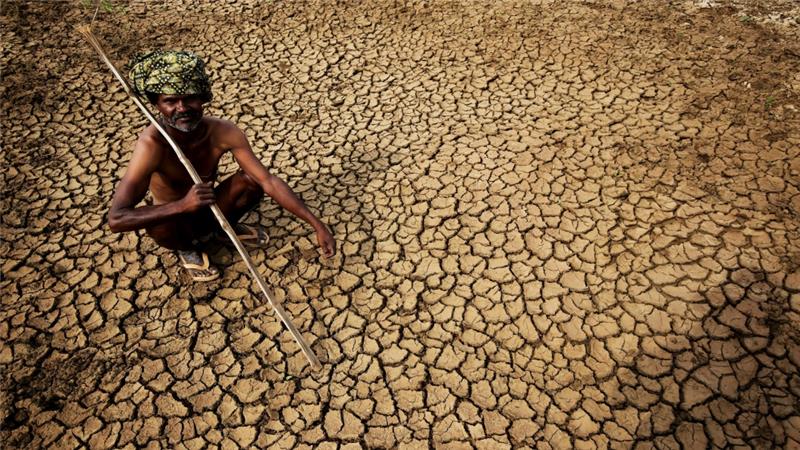
But, there are researchers who claim an increasingly dangerous heat wave could also end up decreasing crime.
Florida State University researchers have reason to believe that as temperatures rise, people will have an increasing tendency to stay inside their homes and venture out less. Also, the relative effect of weather conditions on social behaviour will depend on variables like the time of day and such. Since people will be less likely to venture out during mid-day than at other times.
As interesting as this may be, the problem with the research are its inconclusive results. The rate of violence cannot be precisely predicted with weather conditions, but its unpredictability hints toward a skewed correlation - something that American researchers studied and found had links to the creation of ISIS in the recent past.
With predictions that foretell of longer and more intense heatwaves in India over the turn of this century, climate change could possibly cause more of a problem for us than just rising temperatures.
There might be much lower boiling points in our future.
